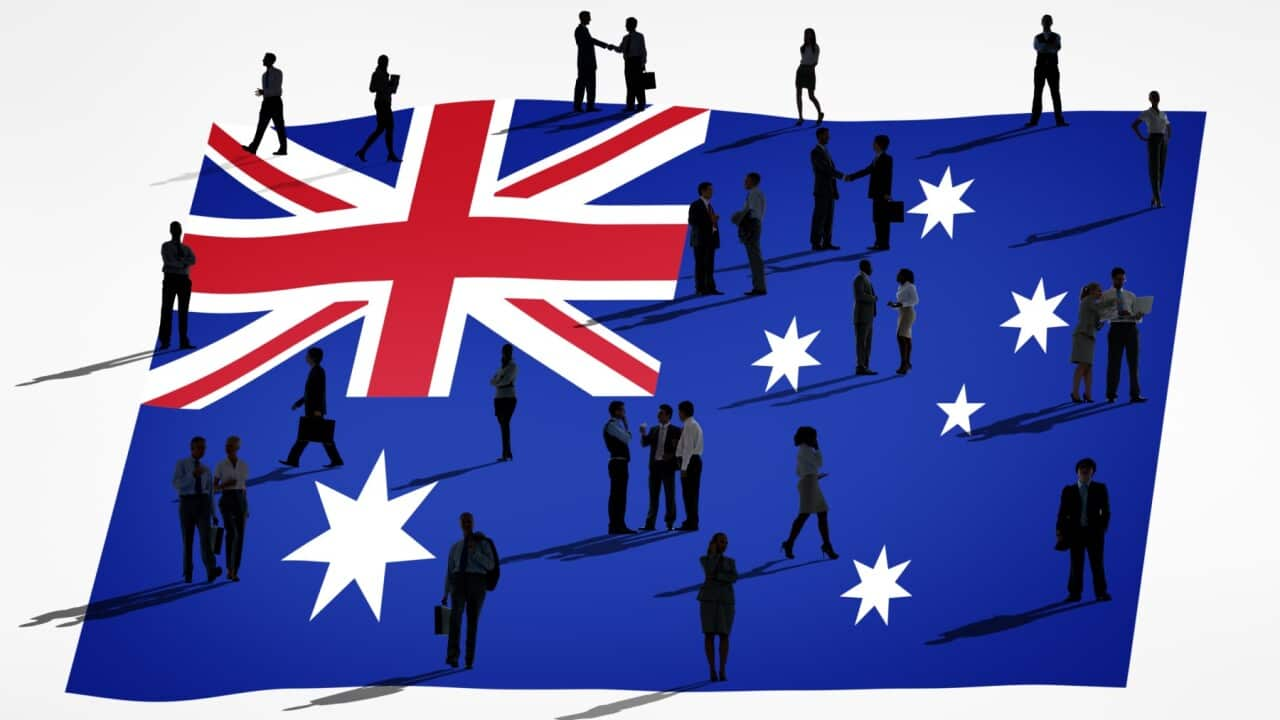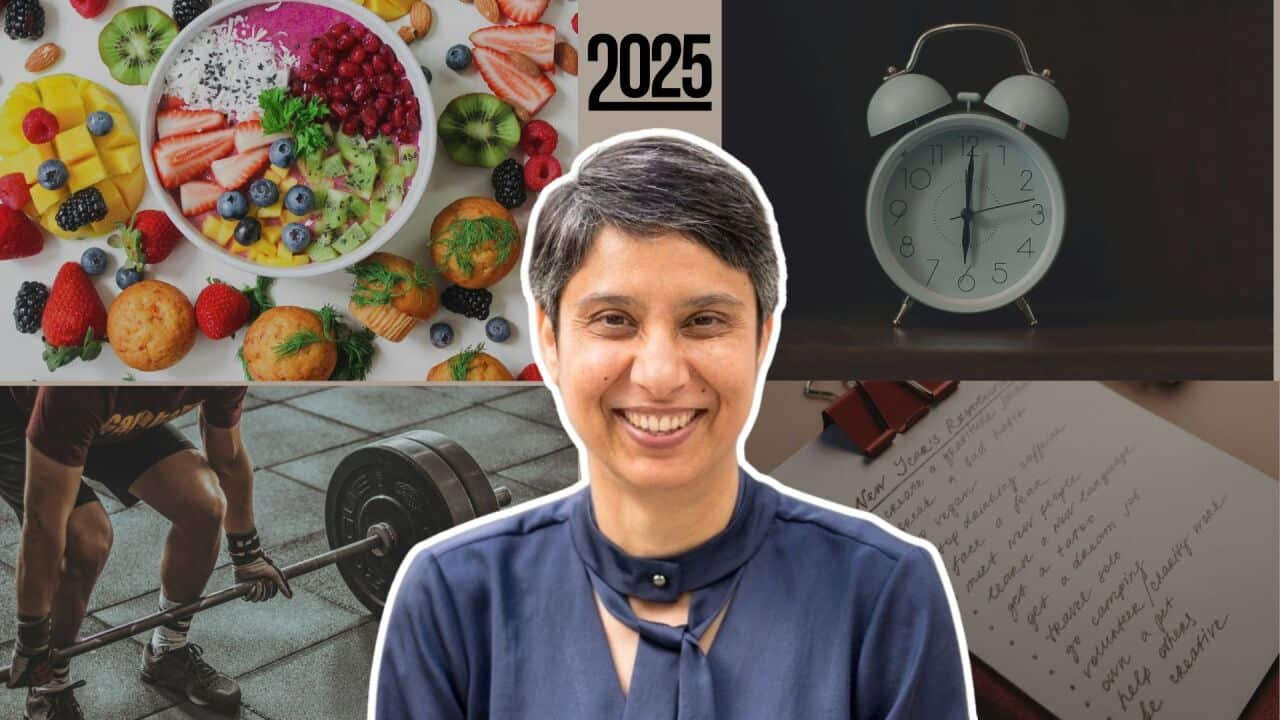Highlights
- Australian states open skilled nomination programs for limited occupations
- Limited places have been allocated to assist the state's recovery amid COVID-19 pandemic
- "Government is closely monitoring migration and visa settings": Department of Home Affairs
The Department of Home Affairs has allocated limited interim nomination places to states and territories paving way for the opening of the skilled visa programs ahead of the complete allocations to be delivered as part of the Federal Budget announcement on October 6.
Victoria:
The latest to join the list of states announcing “shorter and targeted” nomination programs is Victoria.
The state on Wednesday announced that it will be opening its nomination program for Skilled Nominated Subclass 190 and the Skilled Regional Sponsored Subclass 491 visa categories on 8 September 2020.
The state also advised that it will be changing the way they select applicants for these programs, a process which will be more aligned to respond to the challenges posed by the coronavirus pandemic.
“For this interim period, we will only select applicants to apply for Victorian visa nomination if their Registration of Interest demonstrates they are working in health or medical research and contributing to Victoria’s economic recovery and/or health response.”
The state will run this version of the program until 5 October 2020. New South Wales:
New South Wales:

Large Group of Diverse People with Different Occupations Source: Getty Images
A similar announcement has been made by NSW, indicating that they will also be using their limited allocations for select occupations that are critical to the state’s recovery, including health, information and communication technology, and engineering.
The state also advised that it will be reviewing these adjustments in the selection criteria if and when they receive more nomination places next month.
The announcements are in line with the Department of Home Affairs' statement to SBS Punjabi last month when it indicated that the ongoing impacts of the pandemic globally – “medically, socially, and economically” will have a significant influence on the shape of Australia’s Migration Program going forward.
“The government is closely monitoring migration and visa settings to ensure they are consistent with public health measures, are flexible and do not displace job opportunities for Australians so that Australia can deal with the immediate and post-recovery impacts of COVID-19,” said a spokesperson.
What does this mean for applicants?
Melbourne-based migration agent Ranbir Singh says this means all new and existing applications will now be considered in line with the priorities established by the Department of Home Affairs.
“Applicants with critical skills such as those in health-related occupations, IT and engineering, etc will be given priority over other applicants. Those who have already applied and are not in critical occupations will most likely have to wait in the queue until after the priority applications for critical roles have been processed,” he says.
He adds that while most states will be opening programs in line with the Priority Migration Skilled Occupation List (PMSOL) that was announced on Wednesday, Victoria has, however, announced it will only be opening up for those working in fields related to health or medical research.
"While most states will open programs for occupations listed in PMSOL, other than Victoria which has stated that only health-related professionals will be given a priority leaving out many other fields such as engineering which can be a disappointment for a few," he adds. Australian Capital Territory:
Australian Capital Territory:

Canberra Matrix is closed for overseas applicants. Source: Flickr, Pixabay
In line with the Home Affairs’ advisory, ACT has announced it will be holding the next invitation round on or before 14 September.
Here are key points of the temporary changes to the program:
- 2020-21 ranking and selection will be focussed on territory residents who possess skills essential to supporting ACT’s economic response to the pandemic.
- The number of ACT nomination places on its may be capped and invitations may not be issued when the monthly cap for an occupation is reached.
- Canberra Matrix is closed for overseas applicants.
Mr Singh says many states including ACT and Tasmania have said priority will be given to applicants onshore, but he cautions that these are just interim allocations.
"Almost every state has said they will first invite those who are currently in the state, but it is expected that doors will be opened to offshore applicants once the budget is handed down in October," he says.
South Australia:
Immigration SA has also received a limited number of places for its general skilled and business programs to assist the state’s economic and public health recovery amid the ongoing health crisis.
On its website, the state has outlined that the Home Affairs has identified critical sectors to support the country’s public health response and recovery in the wake of the COVID-19 pandemic and applicants who are nominating occupations in these critical sectors will be prioritised.
“The list of priority critical sectors may change over time.”
Tasmania:
Tasmania has also received an interim application for its skilled nomination and business visa programs. These allocations will be updated after the Budget is handed down next month.
Key points:
- Priority will be given applicants in critical roles.
- Priority will be given to high-quality nominations for business visas.
- Applicants currently in Australia and in critical roles will have higher chances of being nominated.

These interim allocations will be updated after the Budget is handed down in October. Source: AAP
'Small and targetted'
The General Skilled Migration Program (GSM) is aimed at skilled workers in particular occupations willing to migrate to Australia to improve the country’s workforce, and also to meet the changing needs of businesses within the states and territories.
Every year all jurisdictions receive quotas from the government, based on which the states and territories nominate skilled and business migrants for Skilled Nominated Subclass 190 and the Skilled Regional Sponsored Subclass 491 visa categories.
Mark Glazbrook, the CEO of an Adelaide-based migration consultancy says the pandemic has forced states to make temporary adjustments to these programs and it seems "small and targeted" approach to skilled migration will be the way forward in this financial year.
“It seems what the federal government is doing is that they are being very restrictive and prohibitive about who is going to be able to apply for visas in response to COVID-19.
“While this approach will also provide the Department with an opportunity to reduce or clear its backlog of unprocessed applications, it appears to indicate that the quotas of the 2020/2021 program are set to be cut significantly,” he says.
Click on the player above to listen to the interview in Punjabi.
Disclaimer: This content is for general information purposes only, and should not be used as a substitute for consultation with professional advisors.
People in Australia must stay at least 1.5 metres away from others.
Testing for coronavirus is now widely available across Australia. If you are experiencing cold or flu symptoms, arrange a test by calling your doctor or contact the Coronavirus Health Information Hotline on 1800 020 080.
The federal government's coronavirus tracing app COVIDSafe is available for download from your phone's app store.
SBS is committed to informing Australia’s diverse communities about the latest COVID-19 developments. News and information is available in 63 languages at







